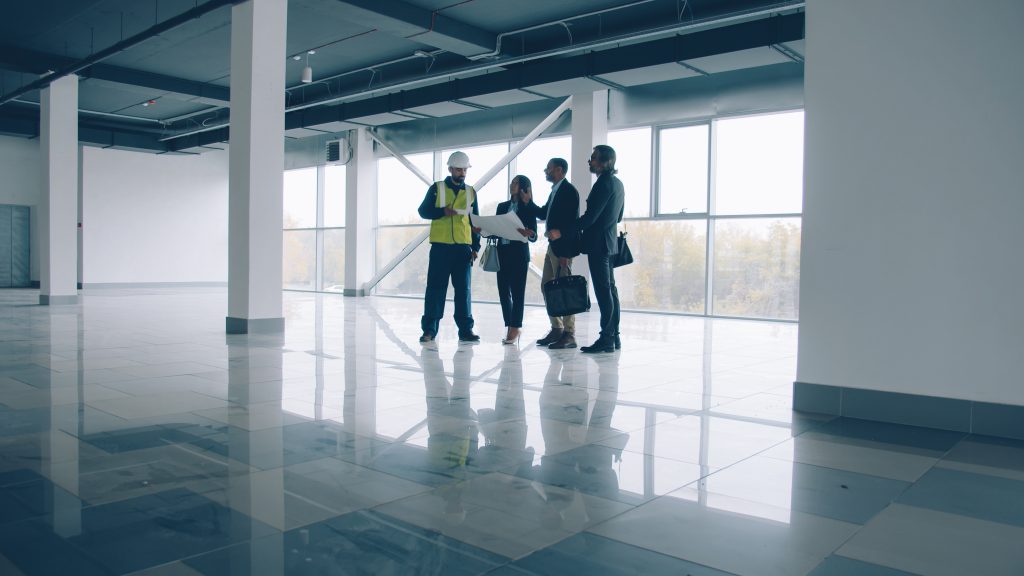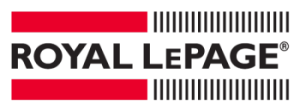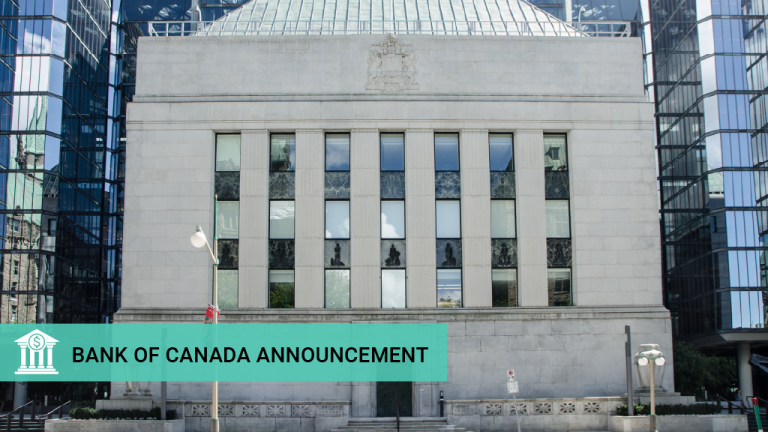
Are you thinking of buying or leasing a commercial property? It’s important to ensure the space is thoroughly vetted and cleared for business before you sign on the dotted line. Here’s why:
A commercial property inspection is an essential part of the due diligence process for anyone considering investing in a commercial property. It provides investors with a thorough understanding of the property’s condition, potential issues and maintenance requirements. Opting for a professional inspection may save investors money in the long run by avoiding costly repairs and helping them negotiate a fair purchase price.
Make sure your investment is right for you
A commercial inspection is an important step in the process of opening a new business. It helps to ensure that the property you are considering is suitable for your needs and meets all local code requirements.
The commercial inspector will take a close look at the condition of the building and identify any potential problems. This information can be used to make informed decisions about whether or not to proceed with the purchase or lease of the property. In addition, commercial inspections can help to ensure that necessary repairs are made before you move in.
By taking this important step, you can avoid costly surprises down the road and ensure your new business gets off to a smooth start.
What’s included in a commercial inspection?
A commercial inspection is a thorough on-site visual examination of the property’s physical condition. Depending on the scope, the inspector may engage a team of specialty consultants. The assessment is focused on the building’s critical systems and components, including the following:
- Heating and ventilation systems
- Cooling system
- Plumbing system
- Mechanical and electrical systems
- Roof surface, drainage, and penetrations
- Exterior elements and fixtures
- General topography of the building site
- Parking areas and sidewalks (for accessibility)
- Wood decks and balconies
- Basement, foundation, and crawl space
- Doors, windows, and interior
- Kitchen (including storage)
- Other areas specific to the property
Document procurement and review
The inspector requests and reviews documents and records about the property (ie. lease agreements, Certificates of Occupancy, repair invoices, maintenance records). The inspector will also interview the person(s) with the most knowledge about the condition of the building.
The inspection report
The report contains concise details from the walk-through survey, documents procured, the results of interviews, and any other third-party reports ordered as part of the inspection. The report will provide an inventory of the building’s major systems and components, and an evaluation of their functional and physical condition. This will highlight the property’s strengths, and potential deficiencies, along with deferred maintenance issues.





